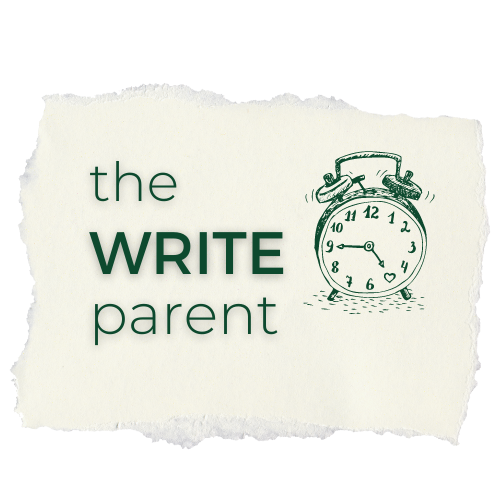The Power of Place (or, “Céad Míle Fáilte”)
Photo by the wonderful Aoife Herriott
Ireland claims a big chunk of my heart. Admittedly, I’m quite American, but as it is for many Americans, when my Irish ancestors sailed across the Atlantic during the famine, they brought echoes of their country that reverberate today in my DNA.
Or at least I like to think so. Mere projection it may be, but it seems more than coincidence that I studied playwriting in Dublin, got married in Connemara, have an Irish terrier, named my daughter Saoirse, and am considering getting the Irish flag tattooed on my forehead. Or maybe a line or two of Yeats.
In all seriousness, I’ve never felt more at home in a place that is not my home. The wind whipping over the hillsides, the crashing sea, the friendly people I meet all feel so familiar, like I’m seeing them again after a very long time away.
I don’t suggest that this avid, somewhat mystical connection to Ireland is singular. Many Americans feel similarly about the Emerald Isle—and about countless other places and homelands. Many writers do, too.
And for a writer, to experience such passion for place is to hold a key to powerful storytelling.
(In her book On Writing, Eudora Welty offers keen observations on the emotion inherent in place. Maria Popova shares in an article in The Marginalian snippets from Welty’s book, including this one: “Place, to the writer at work, is seen in a frame. Not an empty frame, a brimming one. Point of view is a sort of burning-glass, a product of personal experience and time; it is burnished with feelings and sensibilities, charged from moment to moment with the sun-points of imagination.”)
It’s a lot like having fallen in love, or having given birth to a child. Our experience of life at its extremities—the chances we’ve had to push past the boundaries of our normal, everyday way of seeing and assume an emotional perspective, rather than an analytical one—can help us find more meaning in our work and deepen the quality and substance of our writing.
Reason and logic are essential to a writing practice, but it’s also our responsibility as writers to feel our way through our work. When we’re connected to the profound moments of our lives, our characters—a.k.a., the telepathic portal that connects us to our readers—can come alive and start singing on the page.
We’ve each lived these moments, the ones that, when we return to them in our mind, open the floodgates of feeling. Instead of resisting getting swept up in emotion, why not grab a handkerchief and let those sense memories work their magic in our writing? Focus on the sights, the smells, the sounds that make up a powerful memory, and ride the emotional wave provoked by the senses through to a scene’s end. (You can turn back to reason and logic during revision.)
So, in honor of St. Patrick’s Day, I say FIND YOUR IRELAND. Embrace those special moments when you feel just so damn connected to life. Let them swim around your brain, rise to the surface of your work, and make it sing.
After all, there’s no shame in loving something so much you want to get it tattooed on your forehead. (I mean, we all want readers to feel that way about our sentences, yeah?)
Sláinte,
Erin
What is your Ireland? Let us know in the comments!
***
Subscribe to our community for inspiration, ideas, and more on how to survive and thrive as a writer-parent.

